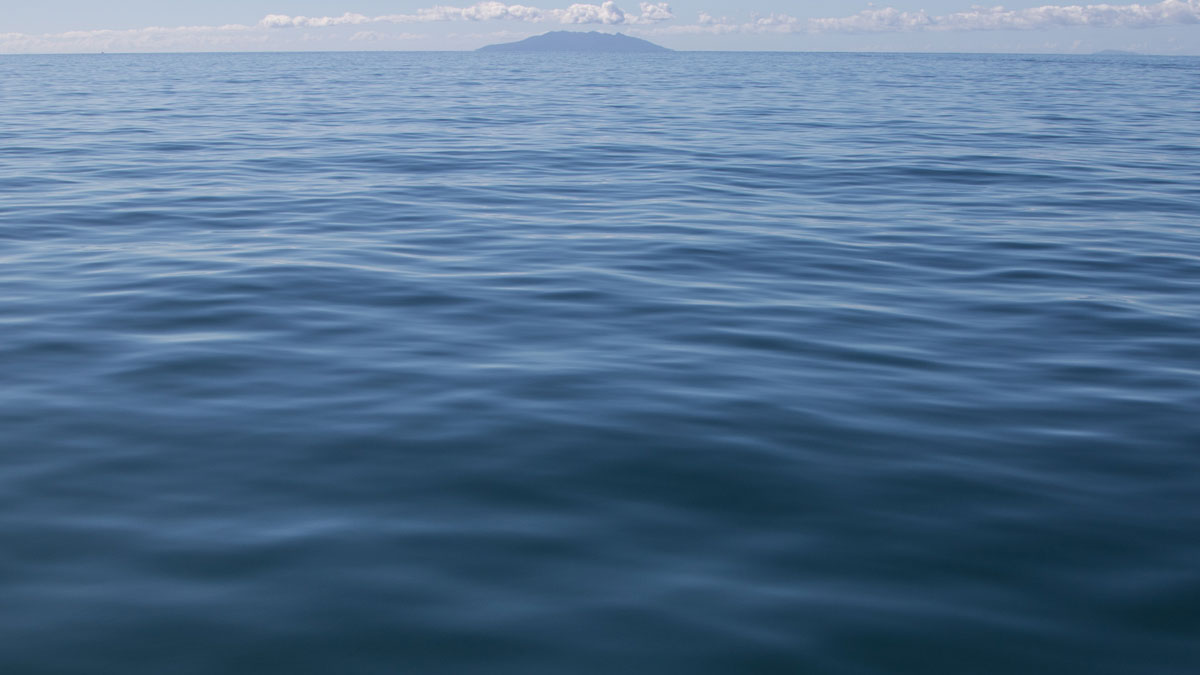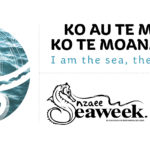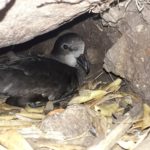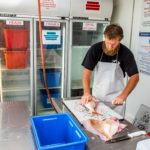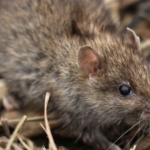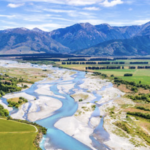Our recent Facebook post on the lockdown had many observations from people all around the Gulf. Sightings of birds on whenua they had not visited for a long time. Sightings of marine mammals much closer to shore than usual. We were inspired to gather together every bit of hard data and anecdotal information we could get our hands on. Here’s what we found, so far:
In terms of hard, verifiable data, we know that:
- Air quality has, for a moment, improved substantially (reductions in PM10, PM2.5 and NO2 in the region of 20-40% in many urban locations). However, because it is largely due to less road transport and industry it will be short lived as those come back on stream.
- There has been a significant decline (>90%) in the number of vessel movements in the northern marine region (including the Gulf), and consequential reductions in incidents and people needing assistance. This is one of the most dramatic temporary changes for the Gulf, and has resulted in a much quieter and less pressured marine environment.
We would normally have access to more data, but some of the collection of that data has been interrupted by the lockdown as it was not deemed to be essential work. Post-lockdown we may be able to tell a fuller story.
Then there is all the anecdotal information received:
- Some water quality improvements observed with streams clearer and less plastic on beaches. Though the drought conditions, plus a pause in residential and commercial development, will be having a significant impact on sediment flows.But also some unusual dry weather overflows due to more people at home. For example, increased use of wet wipes being flushed leading to blocked pipes.
- In addition, hot and dry freshwater/catchment areas leading to algal blooms and aquatic mortalities.
- Some dogs have been seen on islands where they shouldn’t be, and normal enforcement of this has been unavailable.
- Less heavy metals washing into the Gulf due to road transport impacts.
- Commercial fishing has continued (essential service).
Recreational fishing has all but ceased. Coastline recreational fishing can restart at Level 3, but no boats. - Uncertain impact on weeds and mammalian pest control, as conservation and biosecurity work has been impacted.
- More people connecting with nature in their neighbourhoods, observing/watching/enjoying than pre-lockdown.
Taken together, that data and those observations point to a brief, largely positive impact on the Marine Park from the lockdown. However, scientists tell us that none of those impacts are expected to be permanent or transformational. Instead the only lasting impact of the lockdown may be a social one. We have now seen what a quiet, peaceful Gulf looks like, sounds like, and feels like.


